‘I still prefer to keep the ‘essence’ alive, and spend quality time with my family.’ Catalan filmmaker Carla Simón is back with a short film project, ʻCarta a mi madre para mi hijoʼ, which, following ʻAlcarrásʼ, the first Catalan-language film to win the Golden Bear at the 2022 Berlinale.
INTERVIEW BY MERVE ARKUNLAR
TEXT BY GÜNEŞ SÖNMEZ
Producer, director and writer Carla Simón’s films are filled with a certain kind of intimacy and sincerity, that feels uncannily familiar to audiences. The 35-years-old Catalan director’s first film, Estiu 1993, was met with critical acclaim on the festival circuit, winning the Generation Kplus and Best First Feature awards at the Berlin International Film Festival, and was nominated for the Academy Award for Best Foreign Film in 2017. Its release having been delayed due to the pandemic, Alcarrás won the Golden Bear at the 2022 Berlinale, being the first Catalan-language film to do so. Despite living in a challenging era, in which human worth is determined by fanciful attributes, celebrated through award ceremonies and public appearances, outward persona was not that of an ‘award-winning director’, but that of an artist who still feels thrilled at the prospect of untold stories and yet-to-be-discovered worlds.
The MEMORY of EXISTENCE with CARLA SIMÓN
INTERVIEW
The age of artificial intelligence has delivered original stories, without human involvement. AI can even create a storyboard from a script and produce animations. Screenplays written by AI are used to create CGI-rendered footage to make films that have next to no human input. What do you think about telling stories about people in an artistic setting, with less human contribution? Would you consider using AI in your productions?
Well, I hope that if this gets developed, it won’t be the only thing people can watch. Because, for me, it is very important to have things made by humans with humans. For me, the beauty of making films is that you try to control things, but can’t – and, in the end, something comes to life on screen, which is worth capturing. When something is programmed, you can control everything and this cannot happen. Interactions between people or emotions that you cannot expect before filming, for me, are what are interesting to shoot and look for. I always work long hours with actors, building relationships, before shooting. So, when we are shooting, something which is not written can happen, all of a sudden. It’s the little things that are not written, that are improvised, that you can capture and this is life. For me, this is what is important. The progress we are talking about is interesting for some stories maybe, but for the ones that talk about people and try to portray life as it is, I think it is very complicated...
Coming back to the Women’s Tales project, how do you interpret the recent rise in interest in women’s narratives and, with this project in particular, cinema? What are the potential strengths and limits of this frame of mind?
I see it as fixing historical imbalances – cinema has been a very masculine job and all the stories have been told from the male perspective. Finally, women are entering the world of cinema. I think that, if we are the half of the world, then we are the half of the stories. We are not there yet – we have to work a lot more, but we are on the way there. This is super important: not only to have female directors, but also female storytellers. It is about how we represent women and how we represent men. We complain about how men portray women, but it is equally important how women represent men too. As female filmmakers, we sometimes talk among each other about how, ‘yes, it is a question that we always have to answer’. However, it is always important to address this, for the sake of future next generations.
In your new short film, Carta a mi madre para mi hijo, you focus on your own pregnancy and the communication and transfer of experience between women from different generations. What do you think has changed about being a mother? What do today’s children think about motherhood?
I can compare it with my mother’s generation, because I see that many things have changed, at least in Spain. For me, women are having a confusing moment, because we want everything: I want everything. Fighting with breast-feeding, whilst doing interviews and finishing a short [film], is quite difficult. We are becoming super-women, who are trying to figure out a more respectful way of raising our children. At the same time, it is hard, because we don’t want to stop working. It’s a complicated time. I think that my conclusion – and, indeed, the conclusion of everyone who becomes a mum – is that whatever you do, it will be fine. However, it’s true that there is a lot of pressure this way – you spend a lot more time with your child,- but you also work more. The idea of conciliation between motherhood and work is a bit difficult and really complicated, but this is what I am seeing, as I start my maternal life. There is pressure on how you should raise your child today. We’ll see what happens. Also, there is a big difference; we have what our mothers didn’t have, which is men contributing to raising a child. It is complicated for both, but with shared parenthood, it is more possible to achieve our goals, if you are that kind of a couple.





